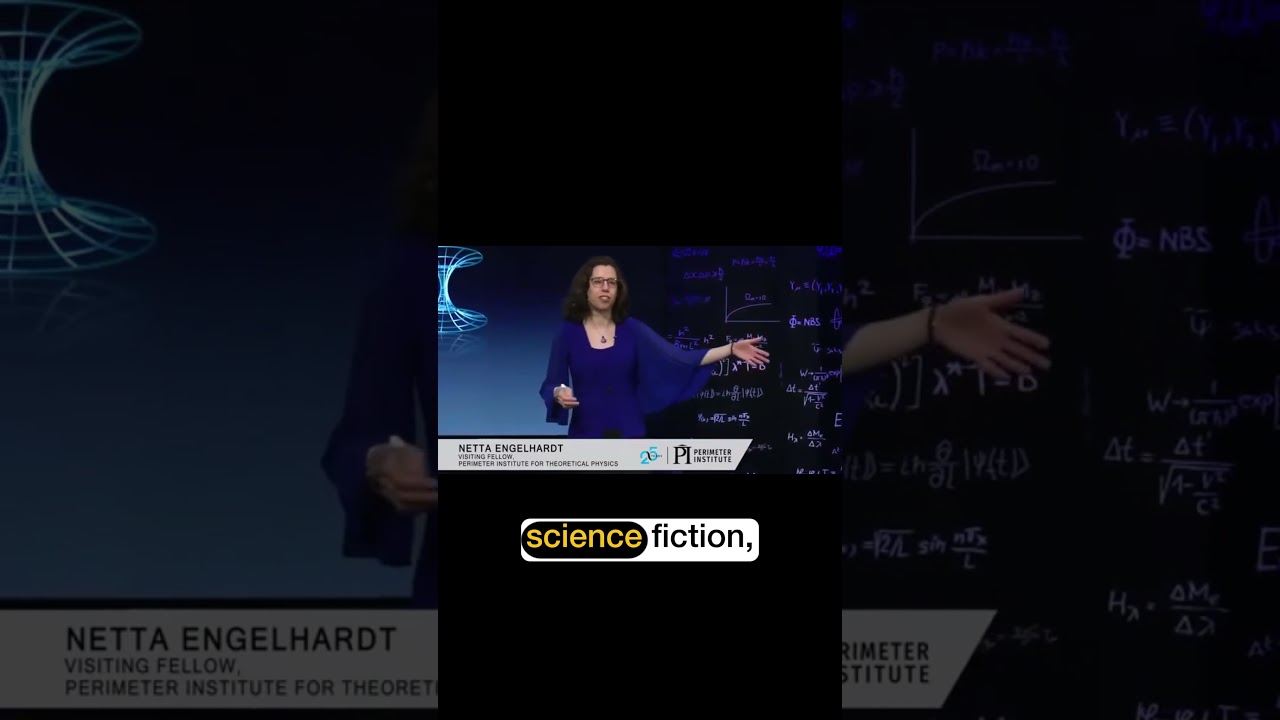The video explores the nature of black holes, explaining that while classical physics asserts nothing can escape their intense gravitational pull beyond the event horizon, quantum mechanics introduces phenomena like Hawking radiation that allow black holes to emit energy and potentially lose mass over time. It also highlights the ongoing information paradox, which challenges our understanding of how information behaves in black holes, making them crucial to studying the intersection of gravity and quantum physics.
The video begins by posing the intriguing question of whether anything can ever escape from a black hole. It introduces the concept of black holes, which are often depicted in media and science fiction as mysterious cosmic objects with extreme gravitational pull. The common understanding is that black holes are regions in space where the gravitational force is so strong that nothing, not even light, can escape once it crosses a certain boundary known as the event horizon.
Next, the video explains the nature of black holes in terms of spacetime curvature. Black holes are formed when massive stars collapse under their own gravity, creating a point of infinite density called a singularity. Around this singularity, spacetime is curved to such an extent that all paths lead inward, making escape seemingly impossible. This intense curvature is why black holes are often described as “cursed” regions of spacetime where the usual rules of physics appear to break down.
The video then delves into the paradoxical nature of black holes. While classical physics suggests that nothing can escape a black hole, quantum mechanics introduces some surprising nuances. For instance, Stephen Hawking proposed that black holes can emit radiation, now known as Hawking radiation, due to quantum effects near the event horizon. This radiation implies that black holes can slowly lose mass and energy over time, challenging the idea that they are completely inescapable.
Furthermore, the video discusses the implications of Hawking radiation and the information paradox. If black holes evaporate through this radiation, what happens to the information about the matter that fell into them? This question has puzzled physicists for decades because it touches on fundamental principles of quantum mechanics and information theory. The paradox remains an active area of research, highlighting the complex and still not fully understood nature of black holes.
In conclusion, the video emphasizes that while classical physics states that nothing can escape a black hole, modern physics introduces exceptions and paradoxes that challenge this view. Black holes are not just cosmic vacuum cleaners but are also key to understanding the interplay between gravity, quantum mechanics, and the fundamental laws of the universe. The question of whether anything can truly escape a black hole remains one of the most fascinating and mind-blowing topics in astrophysics.
